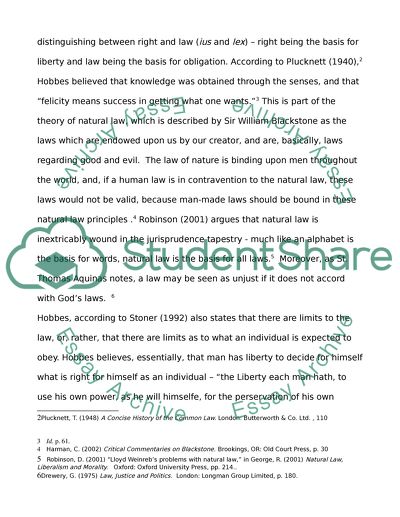Cite this document
(“Jurisprudence Assignment Question Essay Example | Topics and Well Written Essays - 2500 words”, n.d.)
Retrieved from https://studentshare.org/law/1455992-jurisprudence-assignment-question-creon-to-the
Retrieved from https://studentshare.org/law/1455992-jurisprudence-assignment-question-creon-to-the
(Jurisprudence Assignment Question Essay Example | Topics and Well Written Essays - 2500 Words)
https://studentshare.org/law/1455992-jurisprudence-assignment-question-creon-to-the.
https://studentshare.org/law/1455992-jurisprudence-assignment-question-creon-to-the.
“Jurisprudence Assignment Question Essay Example | Topics and Well Written Essays - 2500 Words”, n.d. https://studentshare.org/law/1455992-jurisprudence-assignment-question-creon-to-the.


